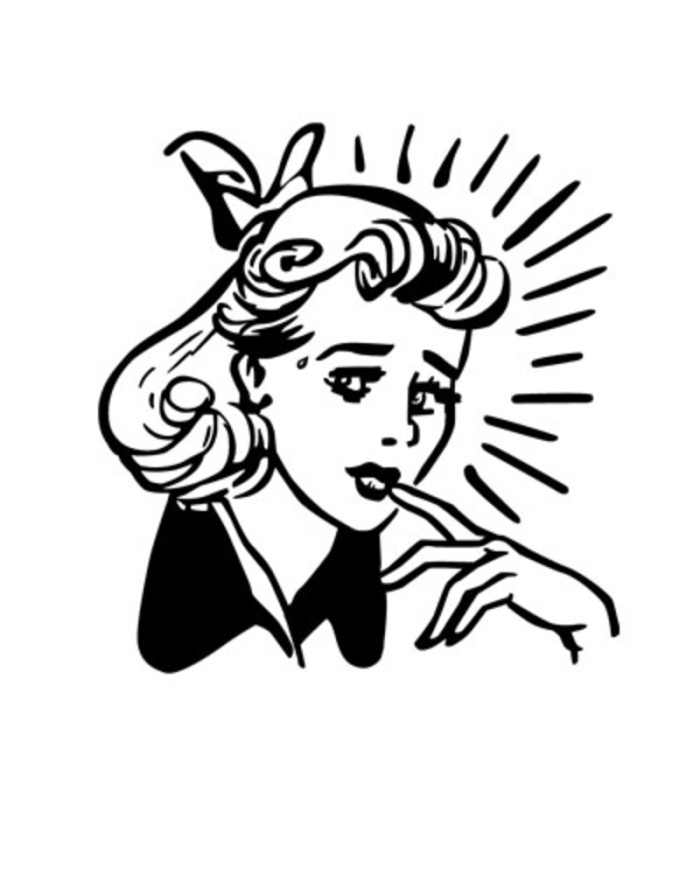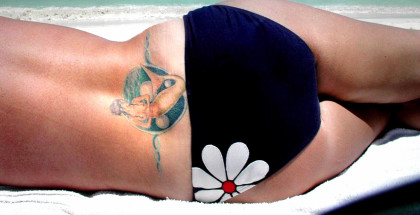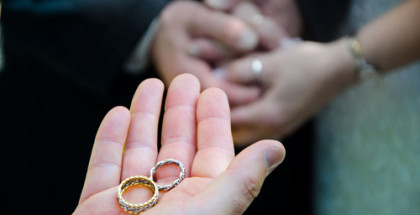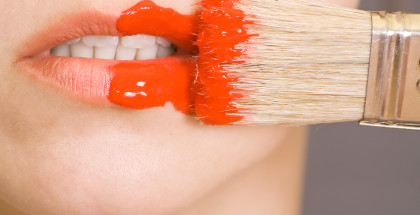Who Says Women Need to Be Ladylike Anyway?
May 15, 2013 | Alaa HijaziI stumbled upon the article “This is Why Arab Ladies are Not Ladylike Anymore” and the comments on it lamenting the loss of being able to be a ‘princess’ and needing to embrace our ‘fragility’ left me feeling indignant. Even though I tried to remind myself that feminism’s essence is true freedom of choice, I couldn’t help but feel that the expressed viewpoints were highly stifling and teetering on violating that very spirit of free choice.
I couldn’t grasp views expressed that it’s degrading for women to be more masculine in certain ways, and how most women don’t want male roles.
Certain characteristics, such as being nurturing, emotive, kind and interdependent, are stereotypically attributed to females while others, such as boldness, strength, rationality, independence, and ambition are attributed to males. In my view, however, both sets of these characteristics are valuable, neither are feminine or masculine and neither are superior to the other.
My problem is not with celebrating or reclaiming femininity. Rather, I resist the idea that each gender should be singled out to uphold its set of stereotypic behaviors, with the expectation that the stereotype becomes the ideal.
I believe that this expectation is highly repressive and stifling for both, men and women, and problematic for society at large for several reasons:
1. Although there is no space to survey the widely inconsistent and inconclusive research about gender differences, one main finding emerges; differences within genders are greater than differences between them as there is much more variability within the one gender in traits and behaviors than differences between the two genders.
2. Many gender psychologists, including Sandra Bem, believe that femininity and masculinity are not mutually exclusive where you have to be high on one but not the other, but rather exist on two independent spectrums. Therefore, you can be high on masculinity and low on femininity, , high on femininity and low on masculinity, or high on both femininity and masculinity, what is called androgynous.
This concept has been one of the most affirming, freeing and revolutionary concepts in my life. It allowed me — as a self identified androgynous woman — to unapologetically love being sensitive, wear flowers in my hair, express my tears, love, hugs and feelings freely and nurture others. All the while, this concept allows me to have pride and be unapologetic for my extreme independence, ambition, strength, rationality and the various other things I freely chose. I don’t feel less feminine when I chose to pay for a date sometimes, move across the country on my own, get dirty in the outdoors or stand with the mechanic under my car.
3. I do believe that every person has the right to exist wherever they chose on the masculinity and femininity spectrums and men and women have the right to be as ‘girly’ or ‘manly’ as they want. The problem is when society denies them the opportunity to be fluid in their gender roles and oppresses them by insisting on a rigid description of appropriate behavior. What happens then to the woman who chooses to be more bold, defiant, assertive or career focused, or to the man who chooses to be more sensitive, emotive, artistic or who is a better father than a financial provider?
I started feeling increasingly passionate about this when I became a psychologist. I have seen many men — and men who have been soldiers in wars — crying in therapy. I have seen men hurt by rejection, cheating and hurtful families and I have heard them talk about their guilt over not being better partners or fathers.
After a few months of working exclusively with men, I remember telling my friend “I almost forgot that I’m working with men and just feel like I’m working with humans.” That’s how alike we are in our fundamental human emotions, needs, and insecurities behind closed doors and in safe spaces. Yet, at the same time, those very men often shared how embarrassed or ashamed they felt because they couldn’t be “strong,” have more sexual escapades, provide for their families as society expected or simply or because they “breakdown.”
I hence believe that it’s difficult to ask women to be more ‘ladylike’ without denigrating those of us who want to be more masculine. This romanticizing of ‘ladylikeness’ by contrast, only solidifies a very stereotypic and stoic masculinity that can be as restrictive and harmful for men as women.
4. Finally, research indicates that flexibility, be it in style of coping, behavior, personality, or attitude is highly associated with improved psychological wellbeing. This includes flexibility in gender roles and traits where people who espouse more masculine and feminine traits are better adjusted. Anecdotally, I can think of many men who are well liked by both genders and are just like that; they might enjoy stereotypic male things like sports and politics but are also thoughtful, expressive, kind and grounded enough in themselves that they exude a quiet confidence without having to be defensively hyper-masculine.
As for the women, I’d wager to say that many of us, the women we love, value and get inspired by, are androgynous, constantly interweaving ambition, strength, assertiveness and courage with sensitivity, kindness, openness, and nurturance.
**Many thanks to Nadine who was not offended by my fiery comment, started this dialogue, and actually invited me to write this article. All views expressed are with due respect to her and others and only in the spirit of fruitful debate.



























Submit a Comment